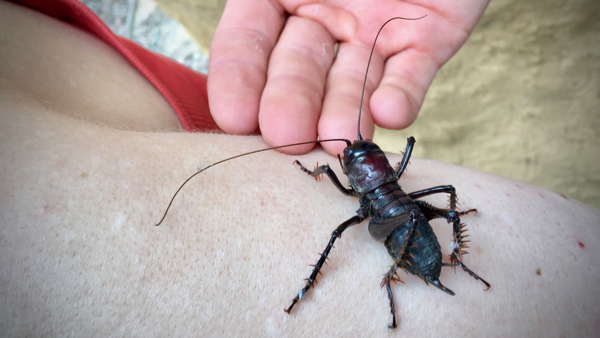 This is about Monday 2 to Sunday 8 April 2018, but let’s get on with the details.
This is about Monday 2 to Sunday 8 April 2018, but let’s get on with the details.
Podcasts
- “The 9pm Probe: Dr Alice Gorman, space archaeologist”, being The 9pm Edict episode 76. You can also listen to it on SoundCloud and Spreaker. This is the pilot episode of what I hope will become a regular addition to The 9pm Edict cycle, a series of long-form interviews with interesting people. Please let me know what you think.
Articles
- Security training is useless unless it changes behaviours, ZDNet Australia, 3 April 2018.
- 1.1.1.1: Cloudflare’s new DNS attracting ‘gigabits per second’ of rubbish, ZDNet Australia, 4 April 2018.
Media Appearances
- On Thursday I spoke about Cambridge Analytica’s use of Facebook data on ABC Radio’s The World Today.
Corporate Largesse
None.
The Week Ahead
It’s going to be a big one. On Monday morning I’m heading down to Sydney, where I’ll do some important preparations, like getting a haircut. I’ll also be continuing with the research on that SEKRIT editorial project. I’ll be able to tell you about that eventually, but not just yet.
On Tuesday I’m taking the 1201 train to Canberra, doing a bunch of stuff en route. That evening, I’m covering a panel discussion at the Australian Strategic Policy Institute (ASPI), Stopping a Cyber Threat on Our Election: US and Australian Experiences. Should be interesting.
On Wednesday and Thursday, I’m covering the Australian Cyber Security Centre (ACSC) Conference, so on Friday I reckon I’ll still be writing about that. There’s usually a bunch of stories.
I’ll stay in Canberra until late Saturday afternoon, and have a lazy day in Sydney on Sunday.
[Photo: Cricket! A large and, I think, female cricket found at Bunjaree Cottages near Wentworth Falls on 2 April 2018.]

 “The internet company Yahoo has revealed it has been hacked again, this time losing a billion user accounts,” began ABC Radio’s
“The internet company Yahoo has revealed it has been hacked again, this time losing a billion user accounts,” began ABC Radio’s